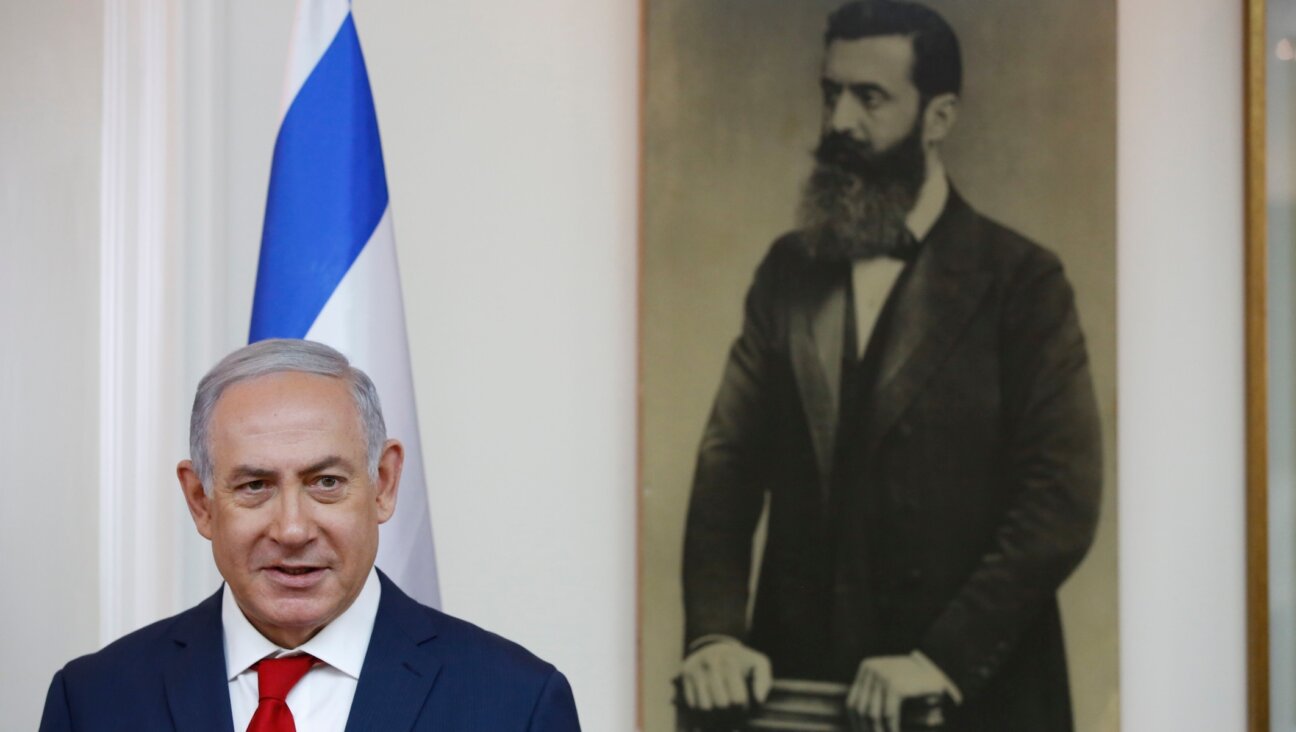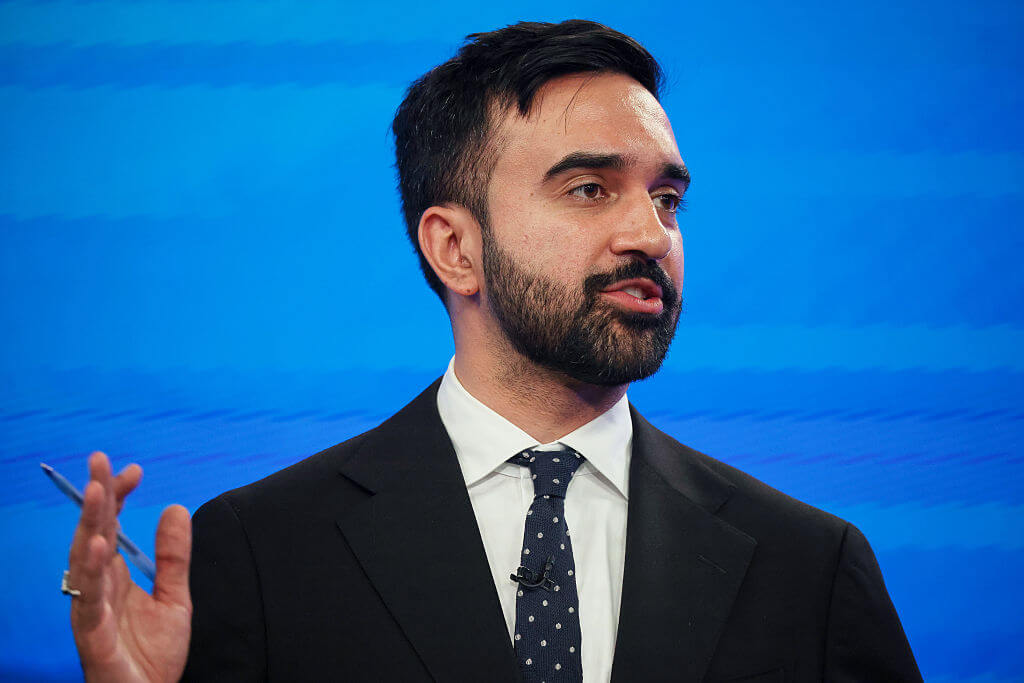Cleveland Population Stable at 80,000 Jews
A population study of the greater Cleveland area found that the Jewish population has remained relatively stable over the last 15 years.
The 2011 Greater Cleveland Jewish Population Study, the first comprehensive survey since 1996, found 80,800 Jews living in the greater Cleveland area, down slightly from 81,500 in 1996.
Among the findings:
-
62 percent of married couples are married to other Jews and 38 percent intermarried;
-
89 percent of children being raised Jewish have had some sort of Jewish education, as well as 43 percent of children being raised “Jewish and something else”;
-
the Orthodox community grew by 2,200;
-
23 percent of Jewish Clevelanders are children up to the age of 17;
-
36 percent of Jewish households are “just managing” financially and another 5 percent can’t make ends meet.
The study also found that the community did not spread out geographically as much as was thought anecdotally.
“We are a significant Jewish community in North America, not only qualitatively, but numerically as well,” said the study’s chair, Enid Rosenberg. “We have the collective power to have an impact on making the world a better place for all people. This is our mission, and we are poised now more than ever to carry it out.”
The study was conducted by the professional research firm Jewish Policy and Action Research, an alliance between Ukeles Associates Inc. and Social Science Research Solutions. Together they have conducted 22 similar Jewish community population studies, including recent or current studies in Baltimore, New York and Chicago.
The survey employed random digit dialing of land lines and cellphones. Survey respondents in the 1,044 Jewish households that were the subject of extensive interviews after a short screening questionnaire were self-identified as Jewish.




















